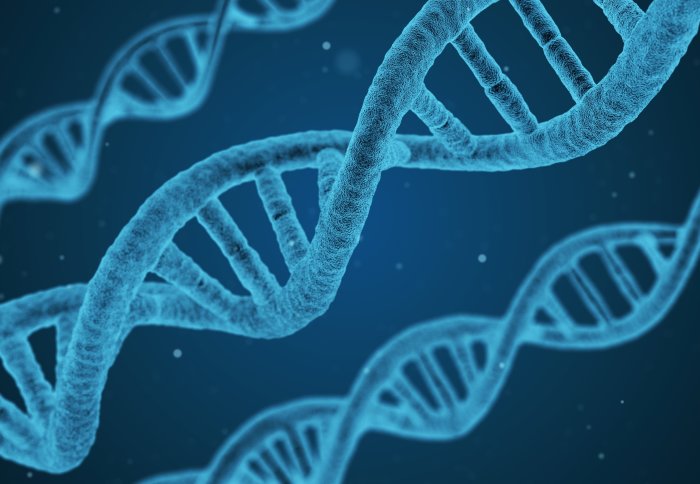DoC researchers to lead a research project on DNA storage & computation

DoC researchers lead a ground-breaking European research project on storing and manipulating arbitrary data in synthetic DNA.
The demand for data-driven decision making coupled with the need to retain data to meet regulatory compliance requirements has resulted in a rapid increase in the amount of archival data stored by enterprises. As data generation rate far outpaces the rate of improvement in storage density of media like HDD and tape, researchers have started investigating new architectures and media types that can store such "cold", infrequently accessed data at very low cost.
Synthetic DNA is one such storage media that has received some attention recently due to its high density and durability. DNA possesses three key properties that make it relevant for archival storage.
First, it is an extremely dense three-dimensional storage medium that
has the theoretical ability to store 455 Exabytes in 1 gram; in contrast, a 3.5" hard disk drive can store 10 Terabytes and weighs 600 grams today.
Second, DNA can last several centuries even in harsh storage environments; hard disk drives and tape have lifetimes of five and thirty years. Third, it is very easy, quick, and cheap to perform in-vitro replication of DNA; tape and hard disk drive have bandwidth limitations that result in hours or days for copying large Exabyte-sized archives.
In this three year project (€3M funded by the EU), we will research all relevant aspects of DNA storage in a consortium of six partners across three countries (UK, France, Ireland) bringing together all necessary expertise.
We will research all relevant technologies such as encoding different types of data in DNA, scalable DNA synthesis to store data, experimental techniques to manipulate the data, efficient sequencing and decoding approaches to read back the data as well as automation of all aspects. The final result will be an end-to-end prototype for storing data in DNA and for reading it back
Article text (excluding photos or graphics) © Imperial College London.
Photos and graphics subject to third party copyright used with permission or © Imperial College London.
Reporter
Thomas Heinis
Department of Computing